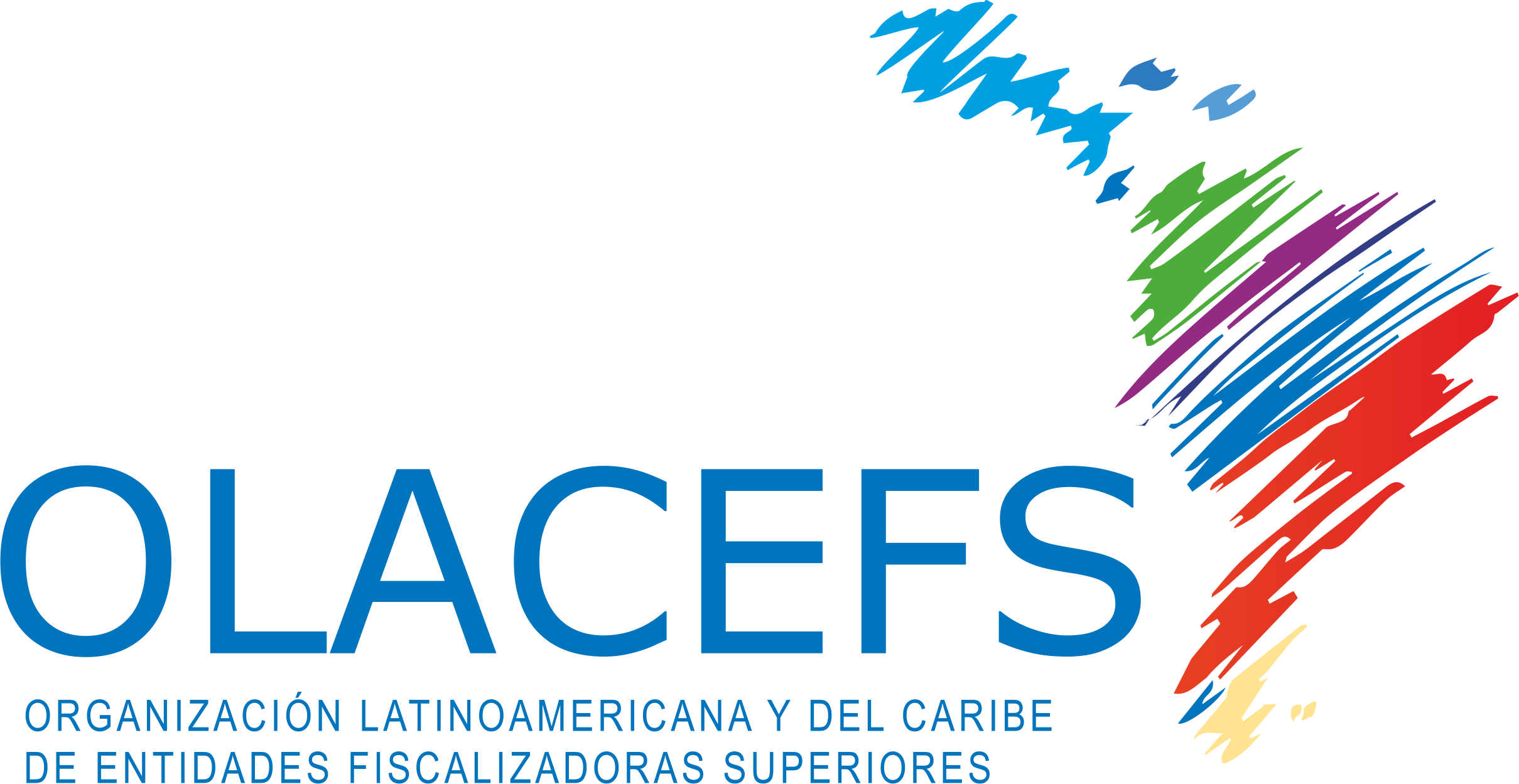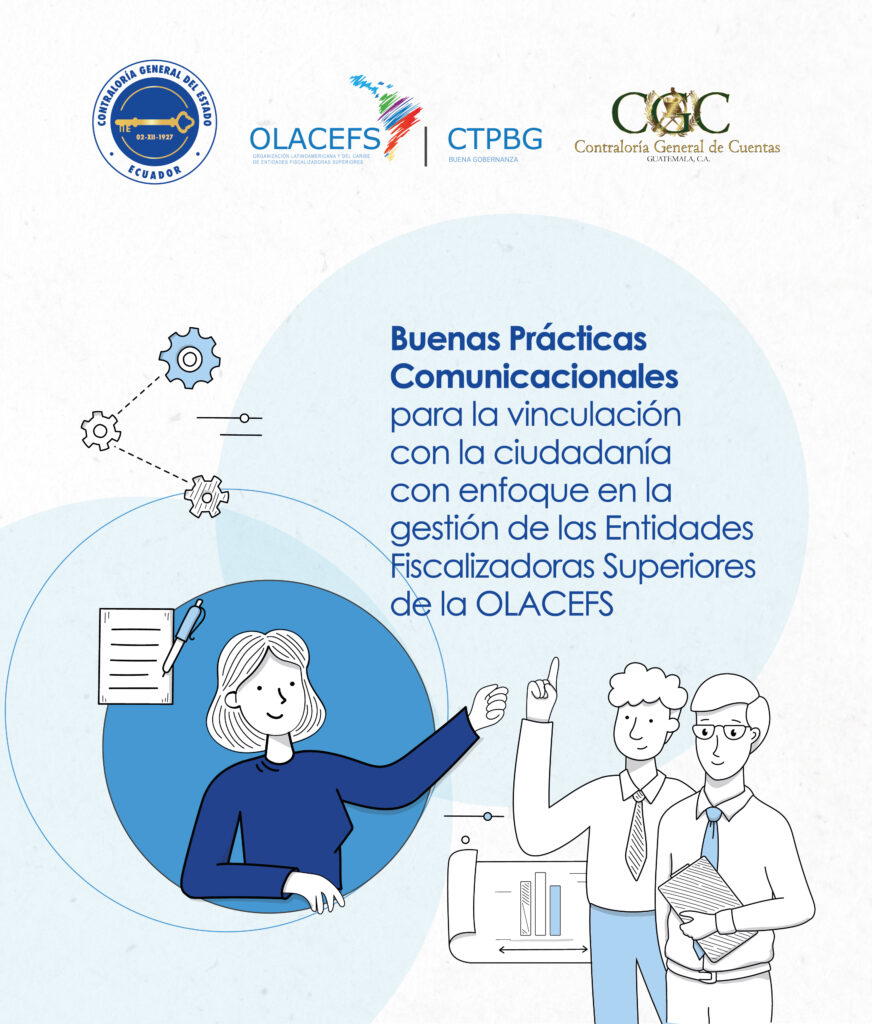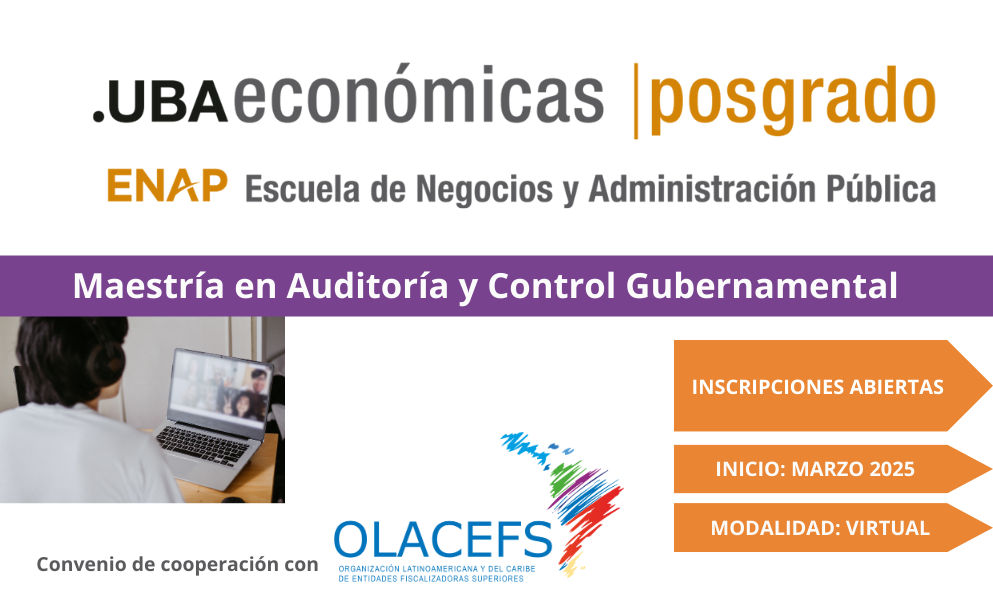On August 23, 24, and 25, in Asunción, Paraguay, the Planning Workshop of the Coordinated Audit on Gender Violence, State Response in the Prevention, Punishment, and Eradication of Violence against Women was held, led by the SAI of Chile, in its capacity as Presidency of the Working Group on Gender Equality and Non-discrimination (GTG) of OLACEFS.
The workshop aimed to provide audit teams belonging to full and associate member SAIs of OLACEFS, on the one hand, with training in important, key areas within the development of the coordinated audit, and, on the other hand, a review of the planning matrix to be applied to the fieldwork of each participating entity. The above is to evaluate the efficiency of government actions, either in plans or programs, to eradicate violence against women during the 2019 – 2021 period, assessing the impact of the Covid-19 pandemic.
The working days were attended by the Comptroller General of the Republic of Chile and President of the OLACEFS GTG, Mr. Jorge Bermúdez Soto; the Comptroller General of the Republic of Paraguay, Mr. Camilo Benítez Aldana; in addition to 21 auditors representing OLACEFS member entities participating in the CA; as well as expert panelists, authorities of the Republic of Paraguay, civil society of that country and representatives of the German Cooperation (GIZ).
On the first day, training sessions on gender-based violence were held, with four keynote speeches in which prominent experts discussed the “Importance of civil society organizations in the eradication of violence against women,” the “Theoretical Framework: violence against women and girls,” some “Advances in Latin America and the Caribbean regarding violence against women” and “Results and follow-up of the Convention of Belém do Pará.”
The second and third days consisted of practical work, where the content of the planning matrix was presented and discussed under a participatory analysis. Additionally, it was agreed that each of the participating entities would adjust the Planning Matrix approved in the workshop according to their reality, considering the information gathered, the programs, policies, and/or plans applicable to their state, and their current regulations.





